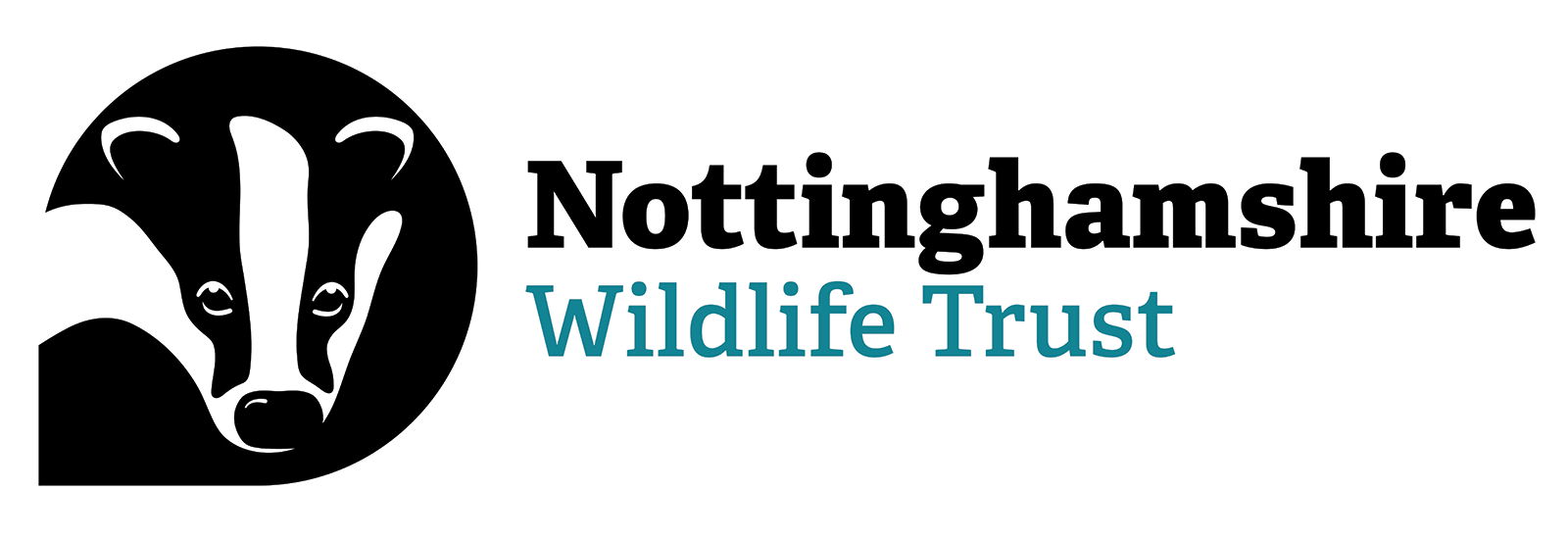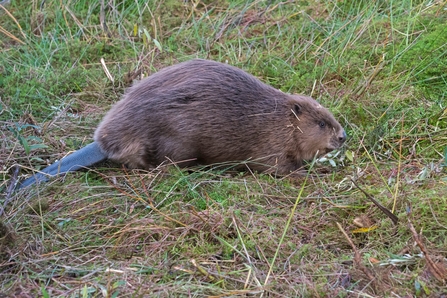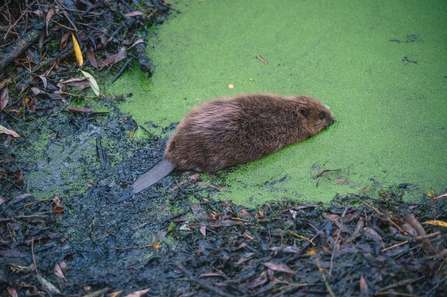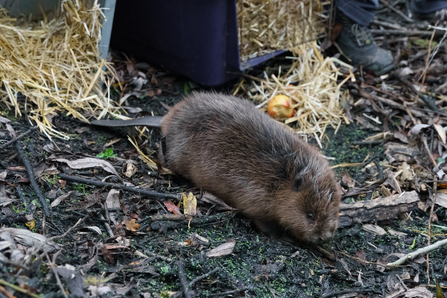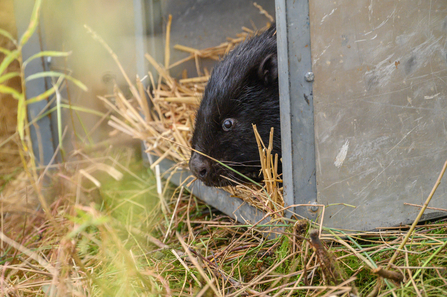Just days after Wildlife Trust’s President Emeritus Sir David Attenborough made clear in a special film produced ahead of the conference that “We must bring wildlife and wild places back on an ambitious scale” and highlighted the role that beavers can play in enhancing habitats as ‘natural water engineers’, Nottinghamshire Wildlife Trust is making final preparations to welcome beavers back to the county after a gap of at least 400 years.
The beaver release, at Idle Valley Nature Reserve near Retford, is the highest profile element of a trail blazing partnership between Nottinghamshire Wildlife Trust and Severn Trent, designed to boost the UK’s Nature Recovery Network. Bringing beavers to the Idle Valley was also made possible thanks to generous donations to the Trust’s public fundraising appeal which helped hit the £250,000 target.
